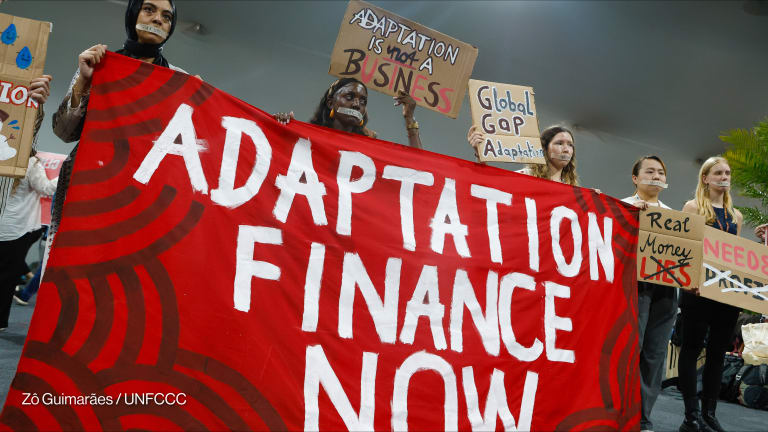
The subject of sustainable energy has relevance to every sector of the global economy and every section of human society.
Firstly, it has been found that the efficient use of energy and related mitigation of emissions of greenhouse gasses can be achieved at very low, and sometimes at negative cost. The Intergovernmental Panel on Climate Change, in its Fourth Assessment Report, found that mitigation opportunities with net negative costs have the potential to reduce emissions by about 6 GtCO2-eq/yr in 2030.
Realizing these requires dealing with implementation barriers. The economic mitigation potential, which is generally greater than the market mitigation potential, can only be achieved when adequate policies are in place and barriers removed.
The report also found that reducing the emission of greenhouse gases has substantial co-benefits, such as higher energy security, larger employment, health benefits on account of lower levels of air pollution, and agricultural yields higher than those resulting from the negative impacts of climate change.
The most important dimension of sustainable energy as a concept and its practice, however, lies in the possibility of making modern energy services available to a large number of people across the globe who are currently deprived of them. Some 1.3 billion people in the world have no access to electricity, and anywhere between 2-3 billion use biomass in their homes for cooking and heating applications. Sustainable energy based on technologies which ensure higher levels of efficiency of energy use and the dissemination of renewable energy technologies provide an attractive option for ensuring energy access.
The Special Report on Renewable Energy Sources and Climate Change Mitigation, brought out by IPCC in May, 2011, has found that the costs of renewable energy have come down significantly in general, and in a number of applications have reached levels which compete with conventional forms. Further cost reductions therefore could open up enhanced opportunities for meeting the needs of those who currently have no access to modern forms of energy. This would create a substantial economic and social gain for a large section of human society.
In essence, therefore, sustainable energy for all, which is the theme adopted by the United Nations for the year 2012, provides a unique basis for improving the welfare of human society and creating large-scale economic benefits all around.
Tell us what you think! Comment below or tweet to @devex with #RioPlusSolutions, and catch up on other Rio+Solutions content here or on Facebook.








